SECTION 6: A COMPREHENSIVE GUIDE FOR BUYING PROPERTY IN PHUKET
Investing in property is always a big decision. Buyers want to have the confidence that their real estate investment is a well-considered and safe choice.
The laws in many countries make property ownership pretty straightforward, but in Thailand foreigners are not allowed to own land, and this restriction extends to landed property such as villas and houses.
A foreign buyer may, however, buy freehold condominiums, which can be registered in their own name at the local Land Department. This section aims to cover every aspect of the laws governing property ownership, and is intended to help those discerning investors who are looking to invest in the Phuket property market to make intelligent and educated decisions.
Equipped with the right information, foreign buyers can make informed decisions. They can also use that information to deflect the inaccurate statements and questionable advice that sometimes comes from agents or developers. In many cases, buyers do not find out that they have made poor investment decisions – or even that they have flouted Thai Laws – until it is too late.
Buying and Leasing Property in Phuket Articles
Villas in Nai Harn – Why Buyers Choose Nai Harn
Villas in Nai Harn combine privacy, lifestyle, and value in Phuket’s southern hub. Learn why this area remains one of the island’s most desirable places to buy.
Chalong Freehold Condos – Why Buyers Choose Chalong
Chalong is one of Phuket’s key southern hubs, offering convenience, schools, and a thriving expat community. For foreigners, Chalong freehold condos provide secure ownership in a practical yet lifestyle-rich location.
Thalang Freehold Condos – Why Buyers Choose Thalang
Thalang freehold condos combine secure ownership with family-friendly living in Phuket’s central heartland, near schools, shopping, golf and key transport links.
Kathu Freehold Condos – Why Buyers Choose Kathu
Kathu freehold condos combine secure ownership with central living in Phuket’s heartland. Surrounded by golf courses, schools, and shopping, Kathu offers practical convenience between Patong and Phuket Town.
Kamala Freehold Condos – Why Buyers Choose Kamala
Kamala freehold condos offer a blend of secure ownership, relaxed west coast living, and strong rental demand, making this village a favourite with families, retirees, and investors.
Karon Freehold Condos – Why Buyers Choose Karon
Karon is one of Phuket’s most popular coastal destinations, famous for its long sandy beach, and excellent amenities. Freehold condos here offer secure foreign ownership in a lively yet relaxed setting, with strong rental appeal and long-term value.
Patong Freehold Condos – Why Buyers Choose Patong
Patong freehold condos combine secure foreign ownership with Phuket’s most vibrant lifestyle hub, offering strong rental demand and beachfront appeal.
Laguna Freehold Condos – Why Buyers Choose Laguna
Laguna freehold condos offer secure ownership in Phuket’s luxury resort hub, surrounded by golf, spas, and five-star lifestyle amenities.
Layan Freehold Condos – Why Buyers Choose Layan
Layan is one of Phuket’s most tranquil beachfront neighbourhoods, offering foreign buyers freehold condos in a naturally secluded yet upscale setting. From luxury residences overlooking the bay to boutique low-rise developments near wellness retreats, Layan balances privacy, exclusivity, and long-term value.
Surin Freehold Condos – Why Buyers Choose Surin
Surin is one of Phuket’s most exclusive coastal neighbourhoods, where boutique luxury meets a relaxed beach lifestyle. Surin freehold condos offer secure ownership and strong appeal for both residents and investors.
Cherng Talay Freehold Condos – Why Buyers Choose Cherng Talay
Cherng Talay has transformed from a quiet village into one of Phuket’s most vibrant residential hubs. For foreign buyers, Cherng Talay freehold condos offer secure ownership plus easy access to Bang Tao Beach, Laguna Phuket, and the area’s lively dining, shopping, and lifestyle scene.
Bang Tao Freehold Condos – Why Buyers Choose Bang Tao
Bang Tao is home to Phuket’s longest beach and the exclusive Laguna resort community. For foreign buyers, Bang Tao freehold condos offer secure ownership and access to a lifestyle of luxury, convenience, and strong investment potential - all in one of the island’s most prestigious areas.
Kata Freehold Condos – Why Buyers Choose Kata
Kata freehold condos combine secure foreign ownership with Phuket’s beach lifestyle. From boutique residences to modern developments, discover why buyers choose Kata for its community feel, convenience, and long-term investment appeal.
Best Condos in Rawai & Nai Harn – Phuket’s South
Rawai and Nai Harn in Phuket’s south offer some of the island’s best condos, from modern seaview units to boutique low-rise projects. Popular with expats, retirees, and investors, these areas combine lifestyle convenience with strong value and long-term appeal.
Nai Harn Freehold Condos – Why Buyers Choose Nai Harn
Nai Harn freehold condos combine secure ownership with a relaxed lifestyle. Learn why this south Phuket hotspot attracts foreign buyers seeking value and long-term appeal.
Rawai Freehold Condos – Why Buyers Choose Rawai
Rawai freehold condos offer secure ownership and excellent value in Phuket’s south. Discover lifestyle benefits, investment appeal, and why Rawai is a top choice for foreign buyers.
The Heights Kata: Luxury Sea View Condominiums in Phuket’s Prestigious Hillside
The Heights in Kata is one of Phuket’s most iconic condominium projects, offering sea view apartments, modern design, and strong investment potential. Discover why it remains one of the island’s most prestigious addresses.
The Sky Series by Sri Panwa – Luxury Villas in Cape Panwa
Sky Series Sri Panwa Villas for Sale – Exclusive hillside residences in Phuket with panoramic Andaman Sea views, private infinity pools, and full access to Sri Panwa’s 5-star resort facilities.
Villa Suksan Rawai: Elegant Tropical Villas with Strong Investment Potential
Experience tropical luxury at Villa Suksan in Rawai. Stylish 2–4 BR pool villas with eco-friendly features, custom layouts, and strong rental appeal.
BluePoint Condominiums Patong: Boutique Luxury Near Patong Beach
BluePoint is a quiet, luxury condominium development in Patong with just 19 units. Expect stylish interiors, sea views, communal pool, rooftop gardens, and a prime location near Patong Beach.
MontAzure Lakeside Kamala Property for Sale
Discover MontAzure Lakeside Kamala property for sale, Phuket’s premier beachfront development next to Café del Mar, offering luxury living and strong investment potential.
Kha Naen Pool Villas for Sale – A Tropical Paradise Close to Schools and Nature
Kha Naen Pool Villas in Thalang, Phuket, combine peaceful living with modern convenience. Just minutes from UWC International School, national parks, Laguna, and Boat Avenue, these secure pool villas are perfect for families and property buyers seeking value and lifestyle.
QAV Residence Phuket: Luxury Living in Bang Tao
Discover QAV Residence Phuket in Pasak 8, Cherng Talay a boutique estate of contemporary tropical villas with private pools. Surrounded by luxury estates and just minutes from Bang Tao Beach and Laguna, QAV offers both lifestyle and investment appeal. A rare villa is now available for sale.
The Coolwater Villas in Kamala: Boutique Sea View Living on Phuket’s West Coast
Discover The Coolwater Villas Kamala - a boutique estate of just six villas surrounded by lush greenery with stunning sea views. Rarely available, these exclusive homes combine tropical living with strong rental potential. A beautifully managed sea view villa with excellent rental income is now on the market.
Phuket’s Branded Residences: Why They’re So Popular with Foreigners
Branded residences in Phuket offer buyers a condo or villa backed by hotel services and brand value. Here's why they’re increasingly popular with property investors and lifestyle homebuyers.
The information contained in the Phuket Property Guide and all related Thai Residential articles is provided for general informational purposes only and does not constitute legal or financial advice. Property laws and regulations in Thailand are subject to change. Readers should seek independent legal counsel or official confirmation from the relevant authorities before entering into any property transaction or investment.

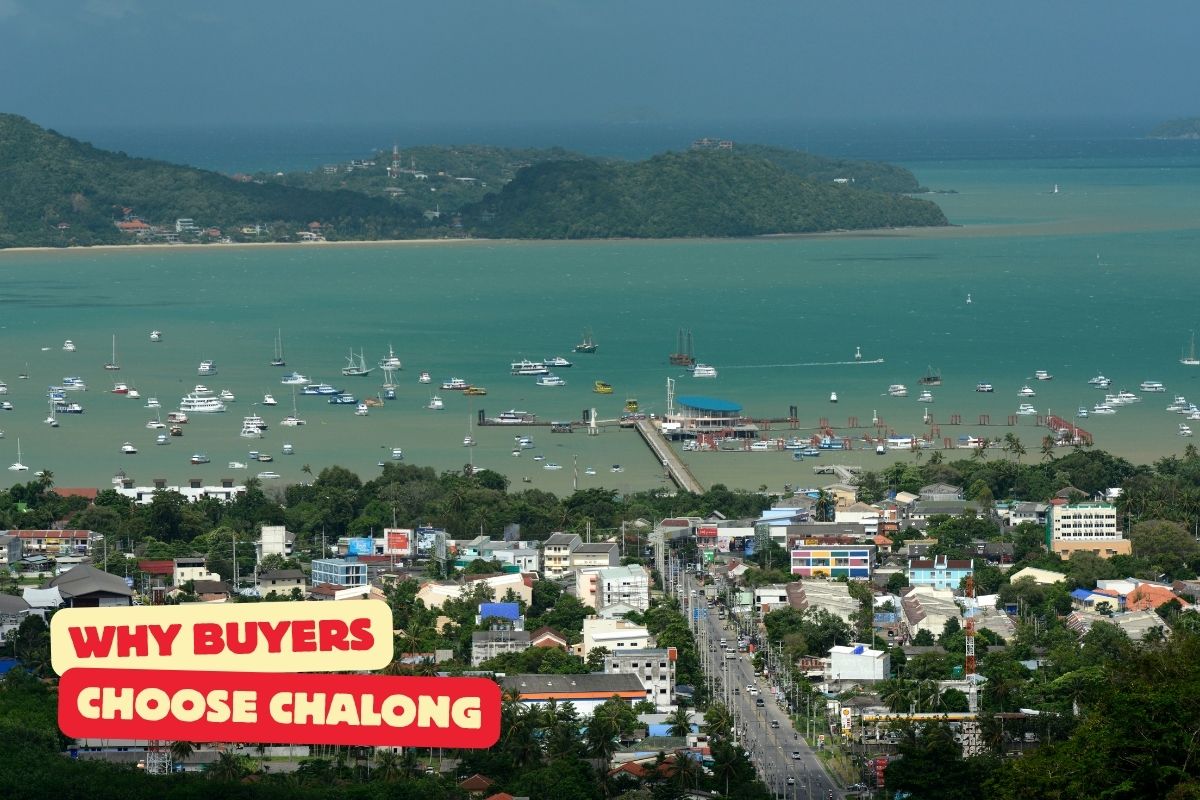
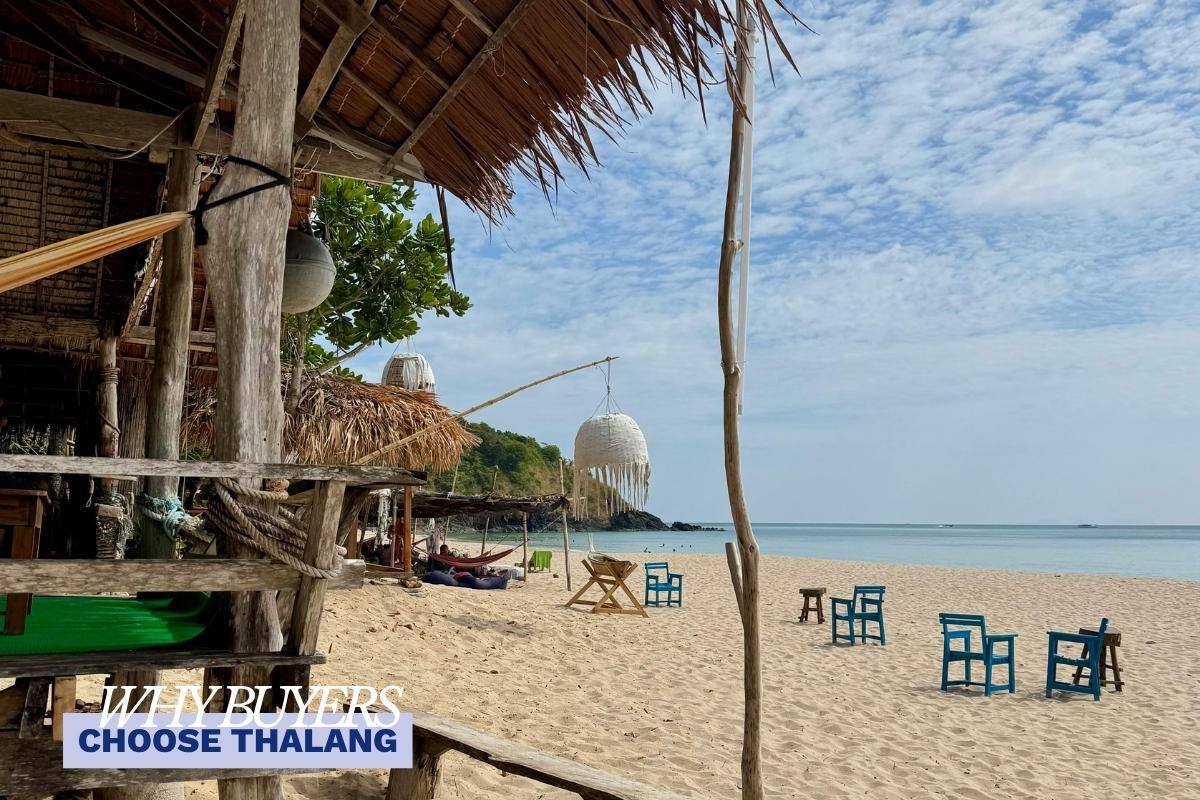
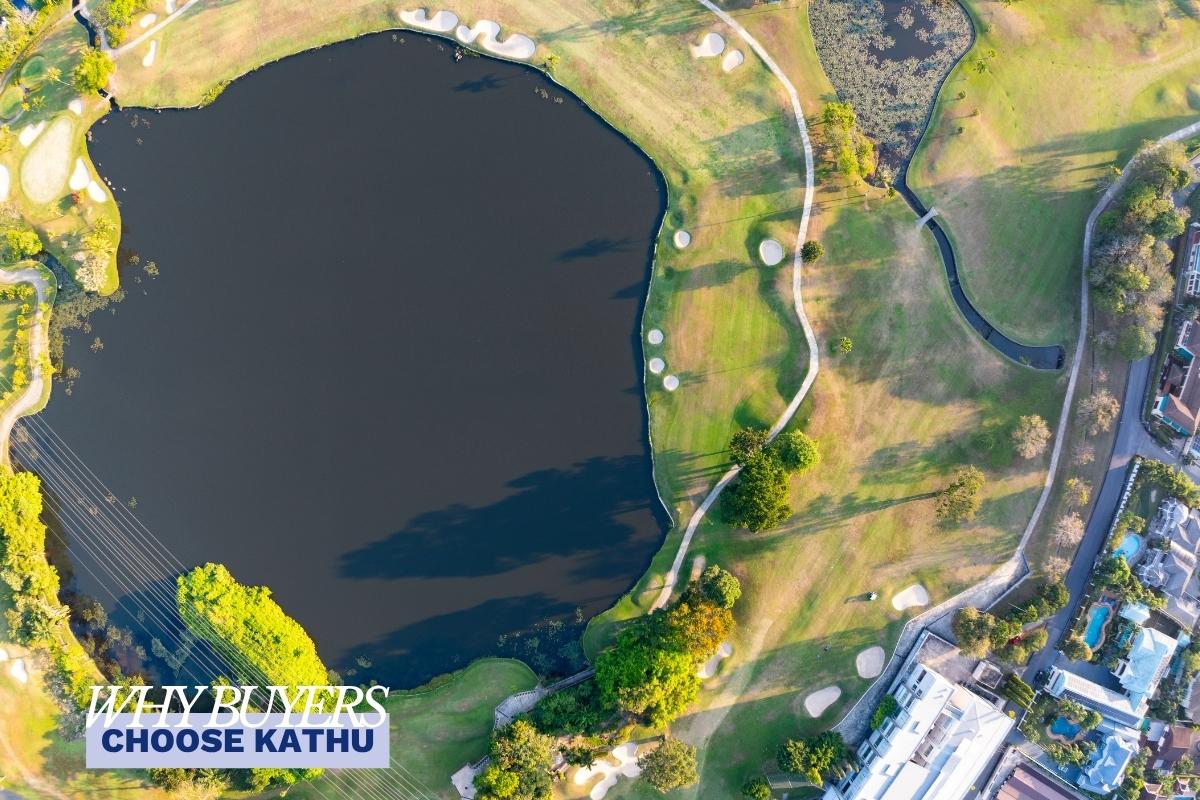



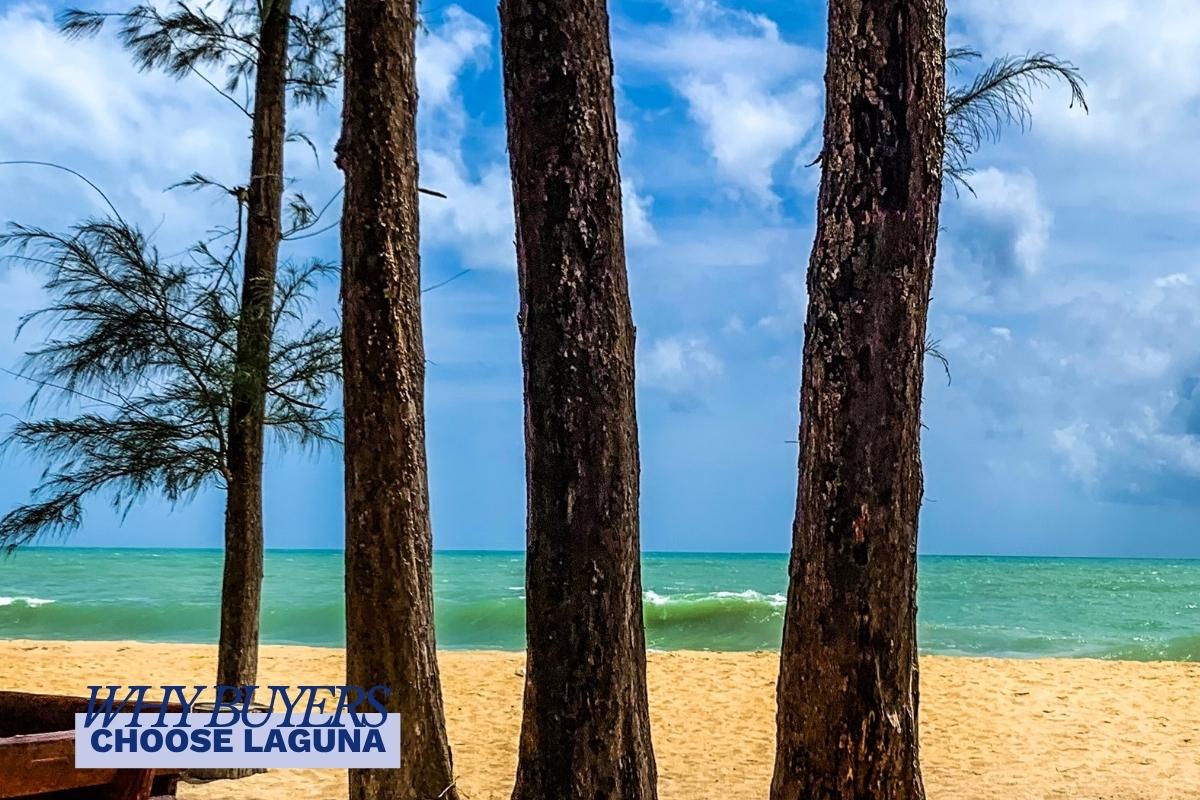
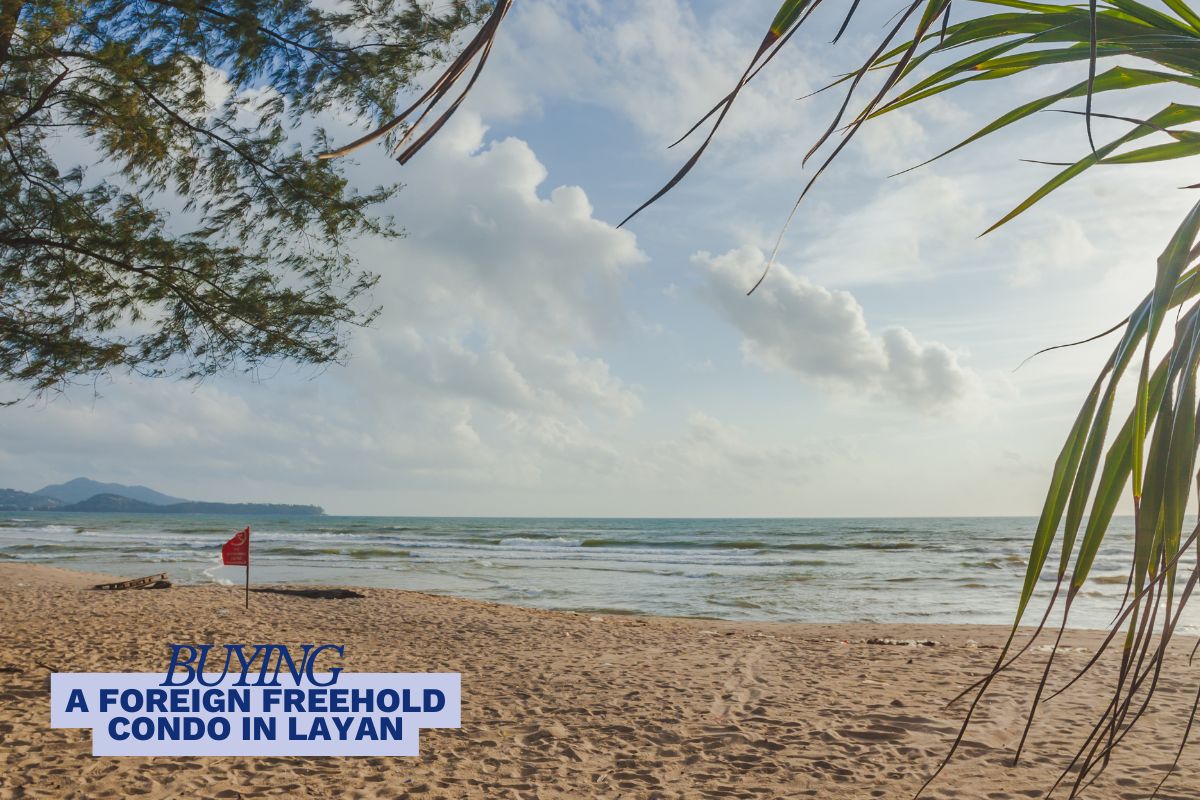


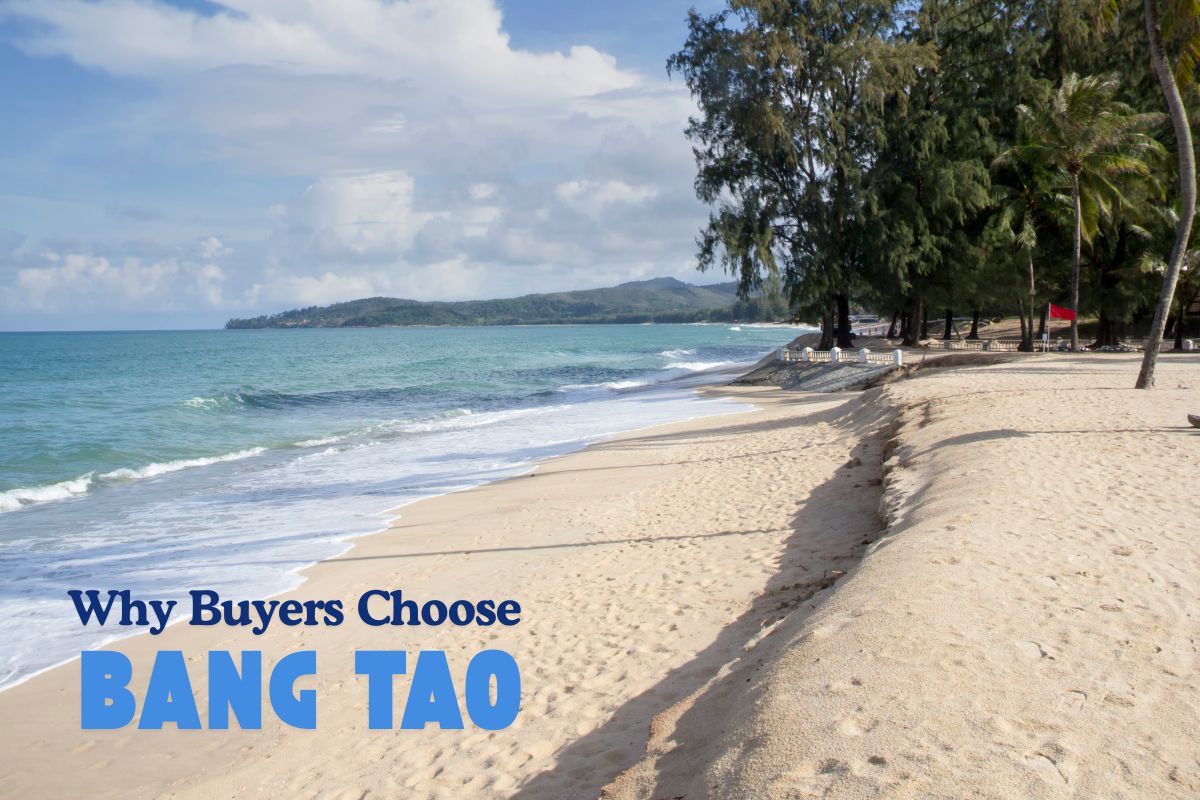

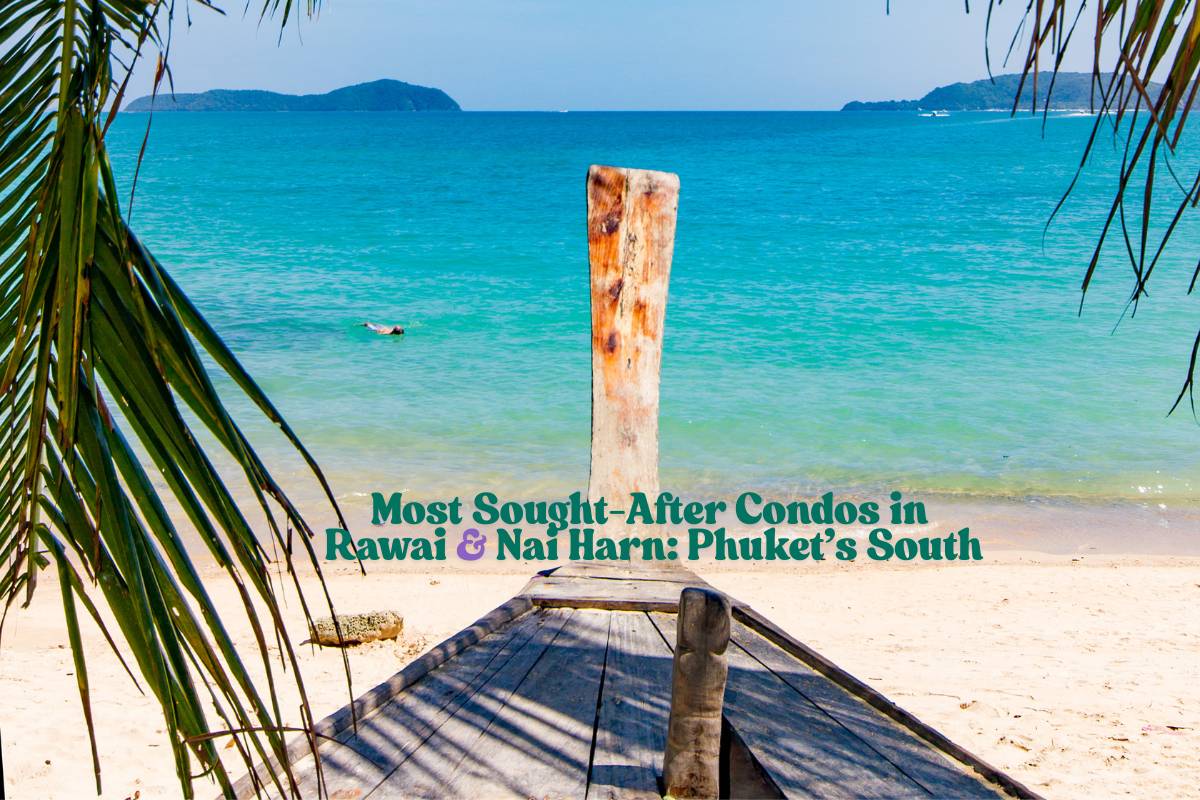


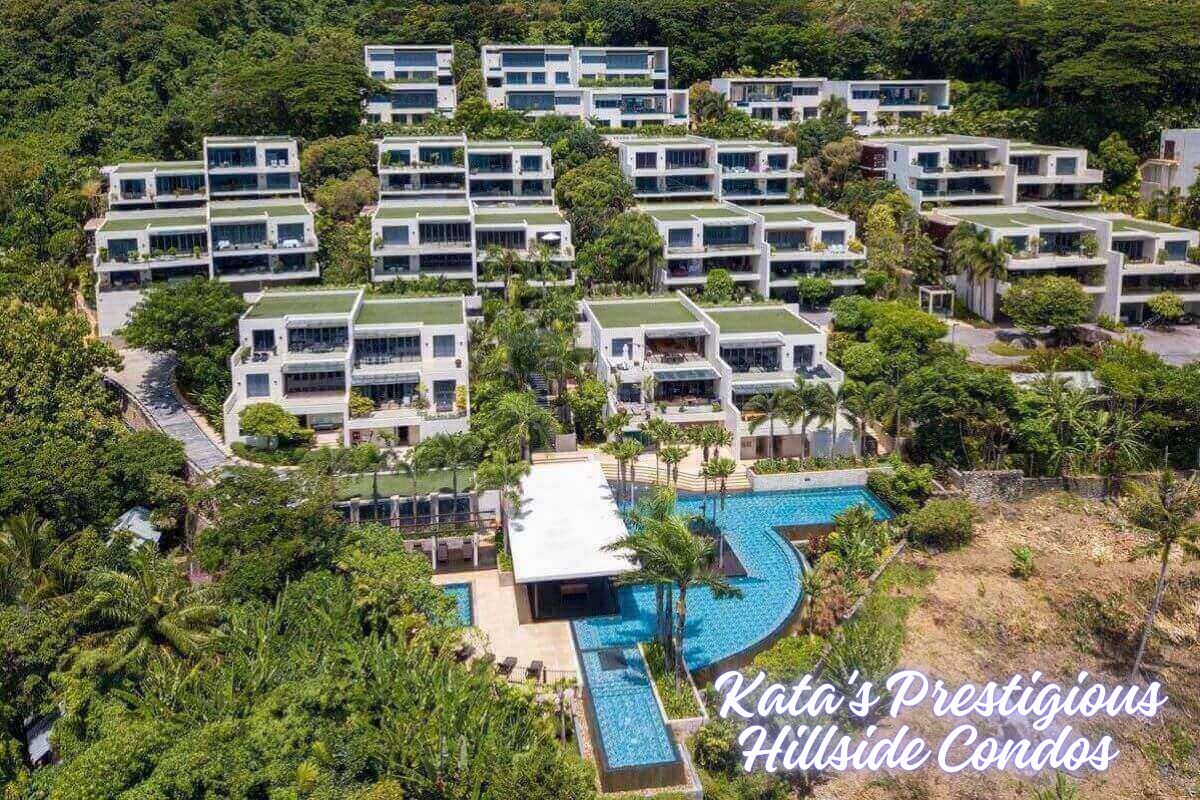

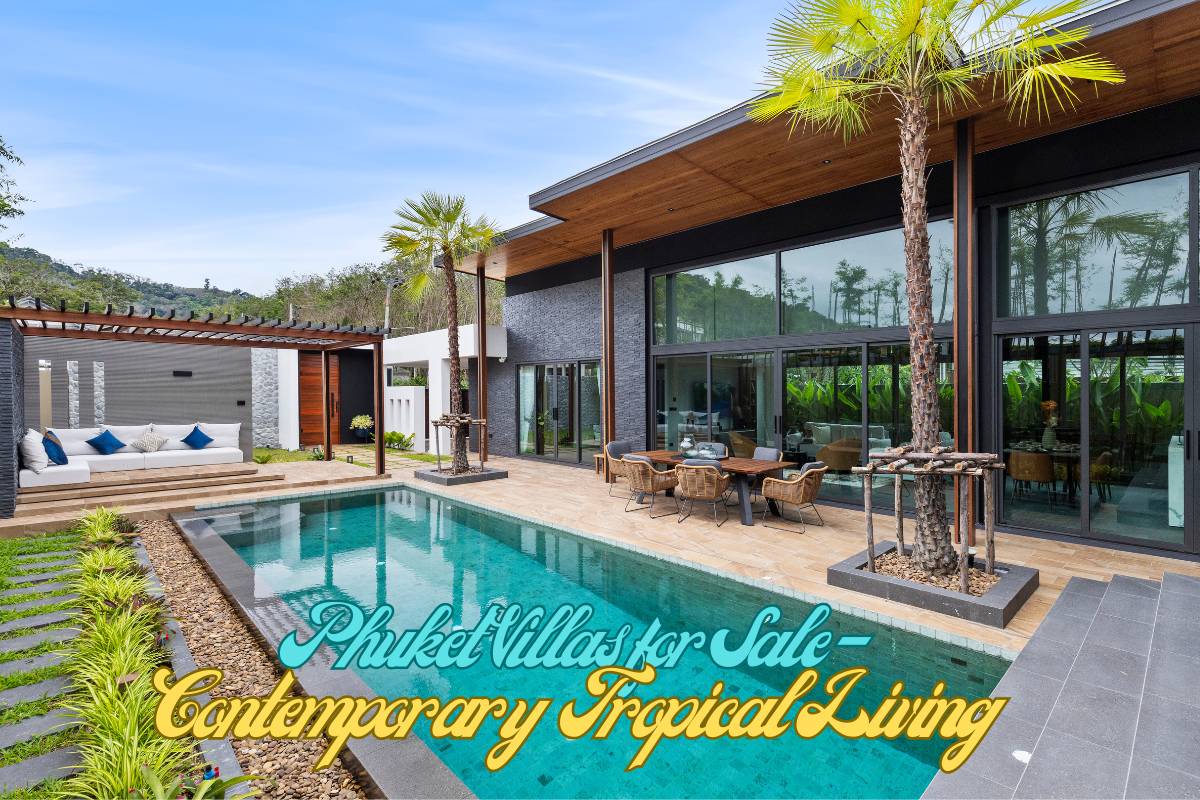

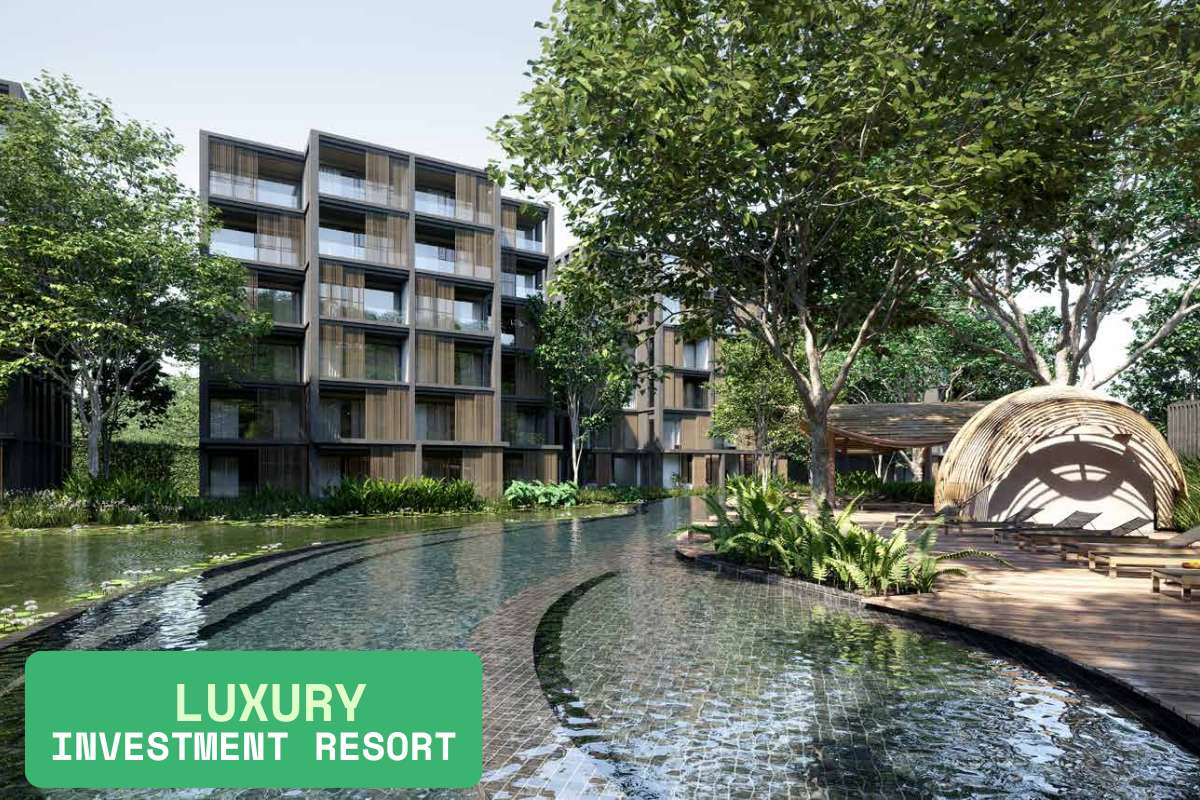





Social Contact